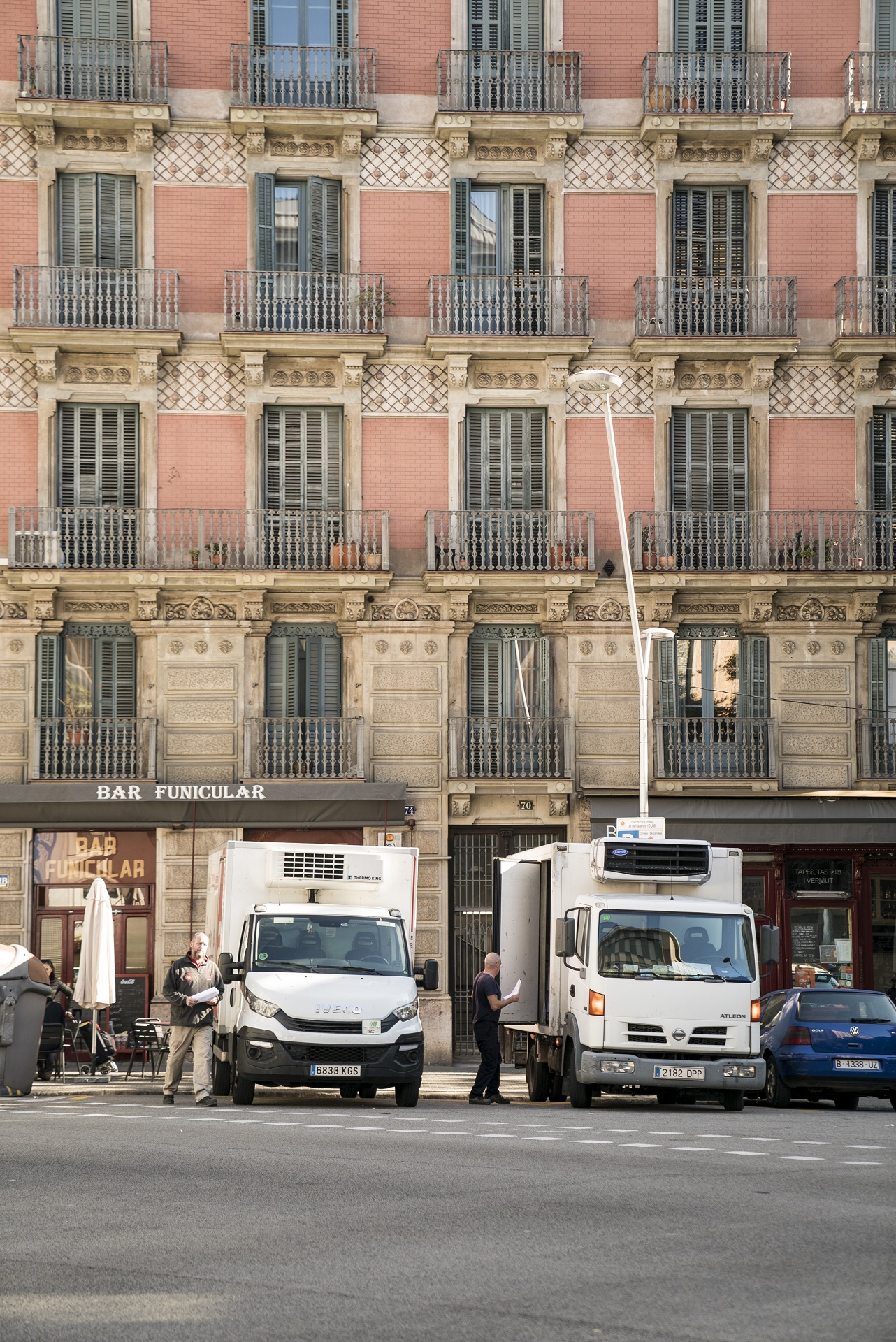- Home
- / Latest news
- / Moratorium for heavy vehicles in the low emission zone extended by six months
Moratorium for heavy vehicles in the low emission zone extended by six months
28/05/2021 - 18:00 h
- zbe
- zbe vehicles
- zbe guàrdia urbana
The extension to the moratorium responds to the difficulty in renewing certain special vehicles and longer manufacturing time frames in the current socio-economic climate caused by Covid-19. The low emission zone within the city’s ring roads thus adapts to the current situation and helps citizens and various economic sectors with the recovery process.
The five metropolitan municipalities making up the Barcelona ring roads low emission zone (LEZ) (Barcelona, Cornellà de Llobregat, Esplugues de Llobregat, L’Hospitalet de Llobregat and Sant Adrià de Besòs), along with the Barcelona Metropolitan Area (AMB) and the Government of Catalonia, have agreed on a 6-month extension to the moratorium for heavy vehicles (categories N2, N3, M2 and M3), taking into account the socio-economic circumstances resulting from the Covis-19 health crisis.
The administrations have reached the agreement after various discussions with the affected sectors.
The ongoing economic crisis has made it difficult to renew heavy vehicles and other types of unique vehicles which have specific characteristics to perform specific services. Their unique nature and the cost of adapting such vehicles makes them more costly than others, with longer time frames required for their manufacture.
The intention is to carry on supporting citizens and the various economic sectors in the recovery process.
New time frames
The agreement means an additional six months for each of the moratoriums in place, leaving them as follows:
- Lorries and small coaches (N2, N3 and M2 class), an additional six months to count from the end of the current moratorium, in other words until 1 January 2022. The initial period was due to end on 1 July 2021.
- Coaches (M3 class), an additional six months on top of the current moratorium, in other words until 1 July 2022. The initial period was due to end on 1 January 2022.
The low emission zone keeps growing
The Barcelona metropolitan area was a pioneer in implementing the LEZ and continues to work on other measures to prevent air pollution.
May saw the approval of the new act on climate change and energy transition, which obliges all Spanish cities with over 50,000 inhabitants to establish low emission zones by 2023. Besides this essential step in improving air quality, the measure also seeks to foster the active promotion of sustainable mobility on foot, by bike or on public transport.




